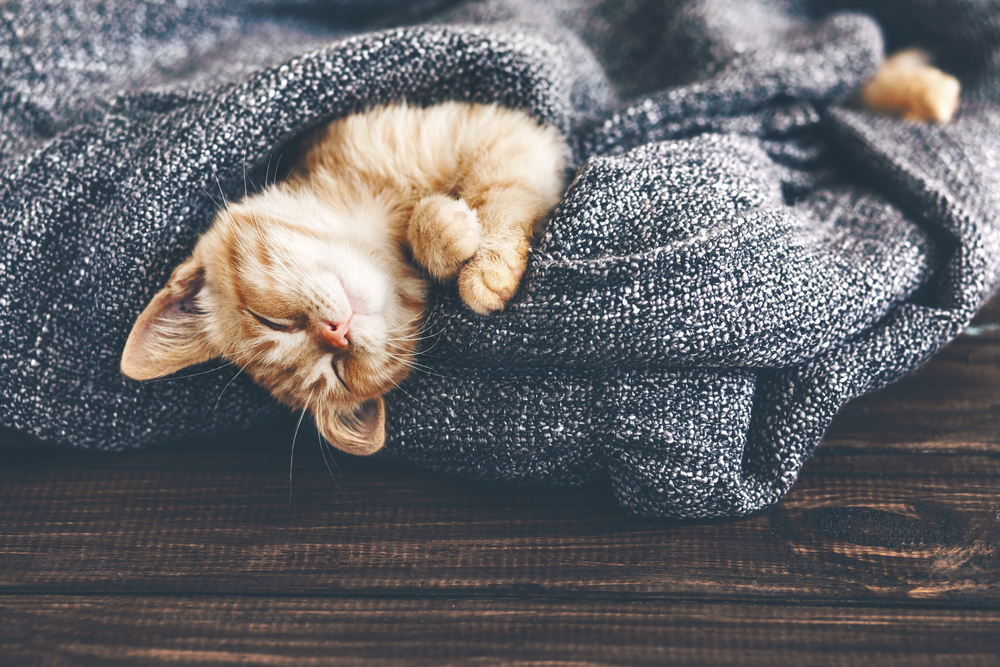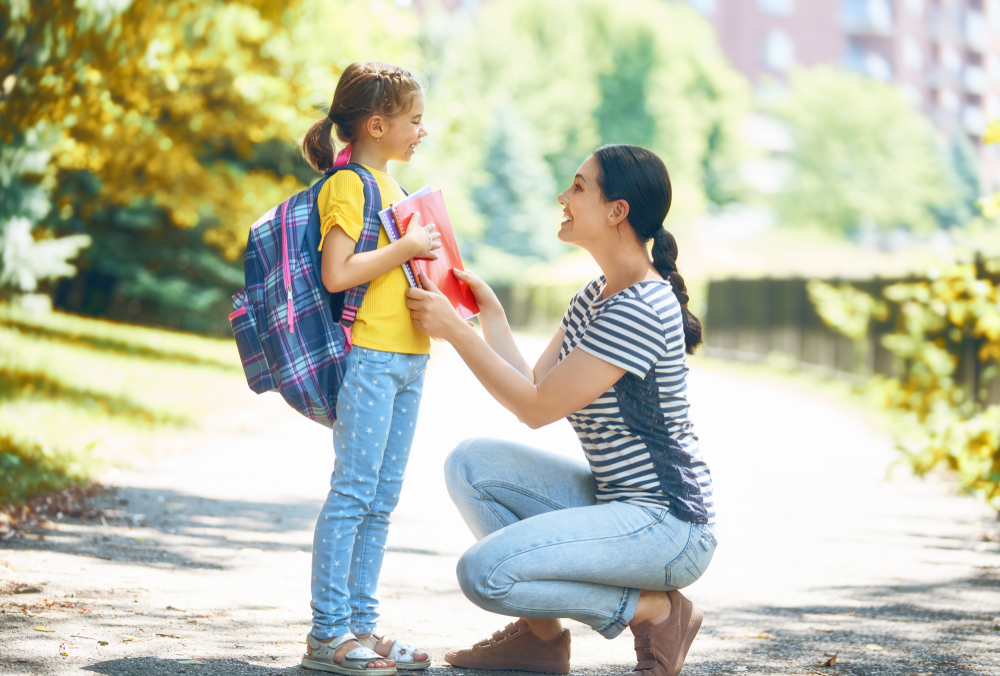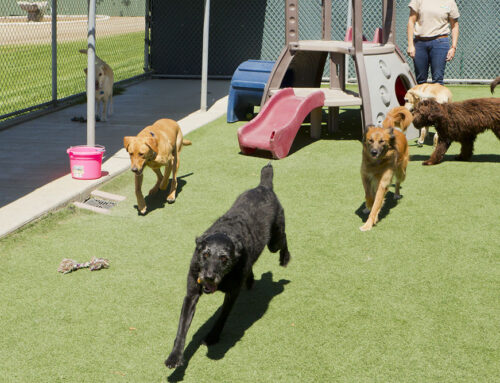When school’s out, you and your kids may spend much more time at home, which is great news for your pet, because they spend little to no time at home alone, go on lots of walks, and participate in fun summer activities. Unfortunately, when summer ends, your pet is forced to accept a sudden, stressful change in routine. The transition can be especially difficult for pets with separation anxiety, or those closely bonded with younger family members. Animal Clinic of Council Bluffs offers a few tips that will help ease this transition for the whole family.
#1: Practice the new routine
Implement the new household routine a week or two before school starts, so your pet, and your kids, have a chance to get used to the changes. Ensure all household members have consistent bed and wake times, and get ready to leave in the mornings as though you are off for the day. If your pet is confined during the day, place them in their crate or room for a few hours while you run errands. Keep feeding, walking, and play-times consistent, so your pet knows what to expect.
#2: Make time for your pet
You may be busier than usual during this time, but making time for your pet is important to their wellbeing. Take your dog for a walk, or have a play session with your cat, at a consistent time that you stick with. Your pet appreciates every minute they spend with you, so do what they enjoy most, such as snuggling, a rousing game of tug, training, or a nice brushing session, so that the time really counts.
#3: Keep your pet entertained
Being home alone all day can be pretty boring, so you need to provide entertainment for your pet while you are away to keep them happy, and prevent destructive behaviors. Food-related activities can also create positive associations with you leaving, and with their confinement area. Some ideas include:
- Providing your dog a Kong toy stuffed with frozen, xylitol-free peanut butter or canned pet food when you depart
- Hiding treats around the house for your dog or cat to sniff out
- Installing a treat-dispensing camera as a means to check in and interact with your pet while you’re away
#4: Consider daycare or a dog walker
Exercise is important to your dog’s mental and physical health, but finding time during busy days can be difficult. At daycare, your dog can exercise and socialize with other pets and people in a controlled environment. Dogs in daycare must provide vaccination and fecal parasite exam records, but playing with other dogs always brings a small risk of communicable disease, such as kennel cough. Still, for most dogs, the benefits greatly outweigh the risks.
Some dogs don’t thrive in a group environment, but they need exercise, too. Consider hiring a dog walker to take your pet for a quick jaunt midday—only a few minutes outdoors can make a big difference for your pet.
#5: Use calming products for anxious pets

Several over-the-counter products can help soothe pets who are anxious about being alone. These products may provide a calming effect:
- Pheromones — Adaptil and Feliway are synthetic versions of your pet’s feel-good pheromones.
- Pressure wraps — Wraps (e.g., ThunderShirts) provide even pressure around the chest and abdomen that may comfort your pet.
- Special music — Special music designed for pets has been proven to reduce anxiety. Try “Through a Dog’s Ear,” “Through a Cat’s Ear,” or pet music playlists on streaming apps.
- Calming supplements — Supplements containing melatonin, L-theanine, flower essences, casein, and other ingredients can tamp down anxiety.
Note that these products are effective for pets with minor anxiety, but do not help pets who have significant separation issues. If you think your pet is suffering from severe separation anxiety, contact your veterinarian to develop a treatment plan.
#6: Beware of backpack toxins
One last thing to consider about back to school is the potential for toxins in your kids’ backpacks. Gum or candy containing xylitol, grapes or raisins, ADHD medications, and inhalers can all endanger your pet’s health. Ensure everyone puts their backpack in a designated, out-of-reach area and not on the floor when they come home.
Follow the above tips, and the back-to-school transition should not be rough for your pet this year. But, if they are still struggling with being home alone, contact us to schedule an appointment with your Animal Clinic of Council Bluffs team.






Leave A Comment